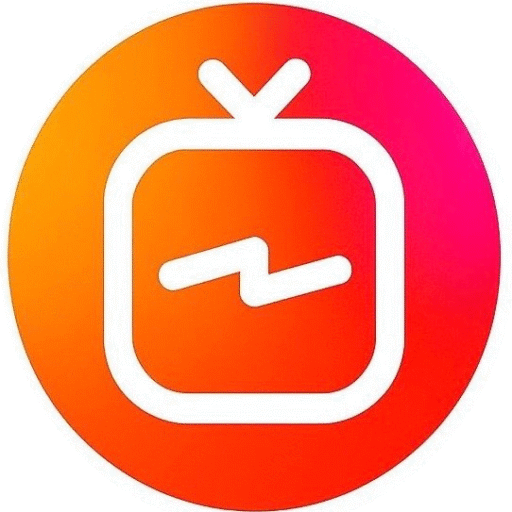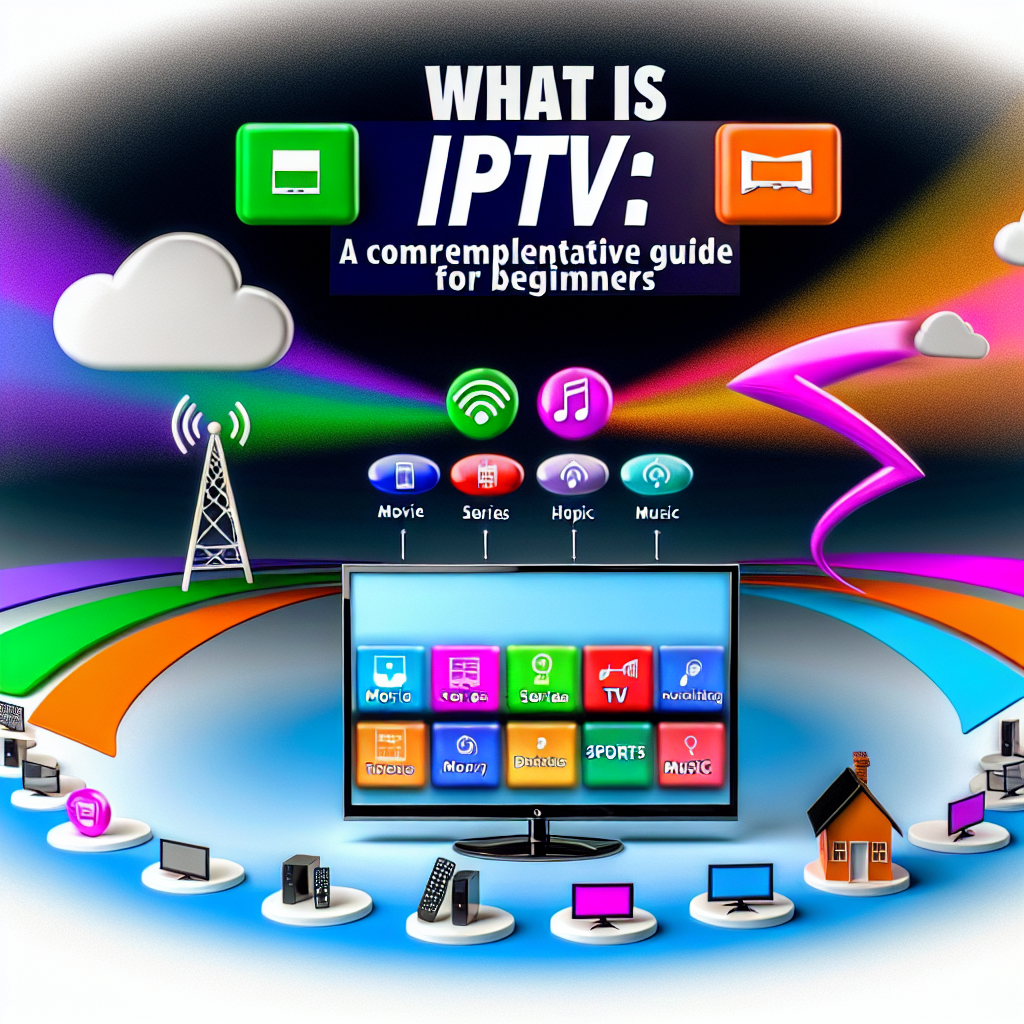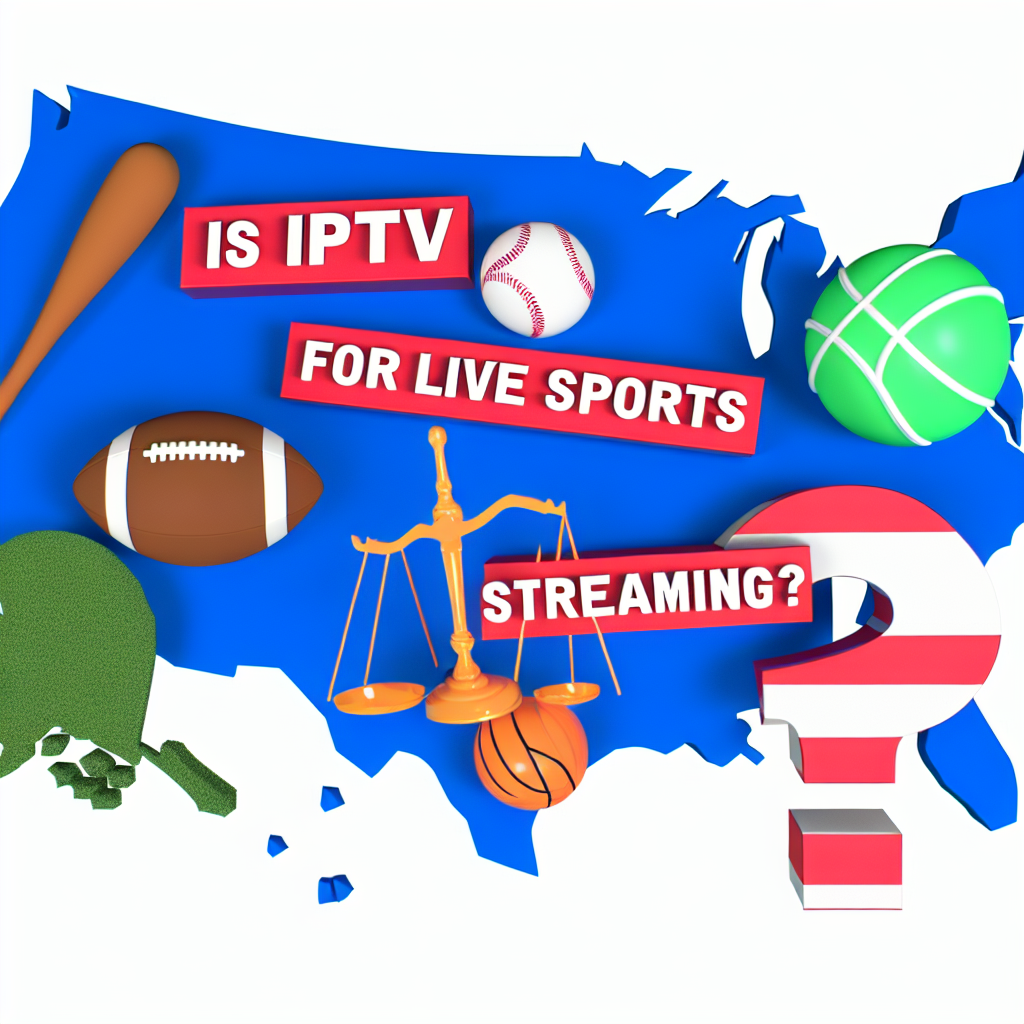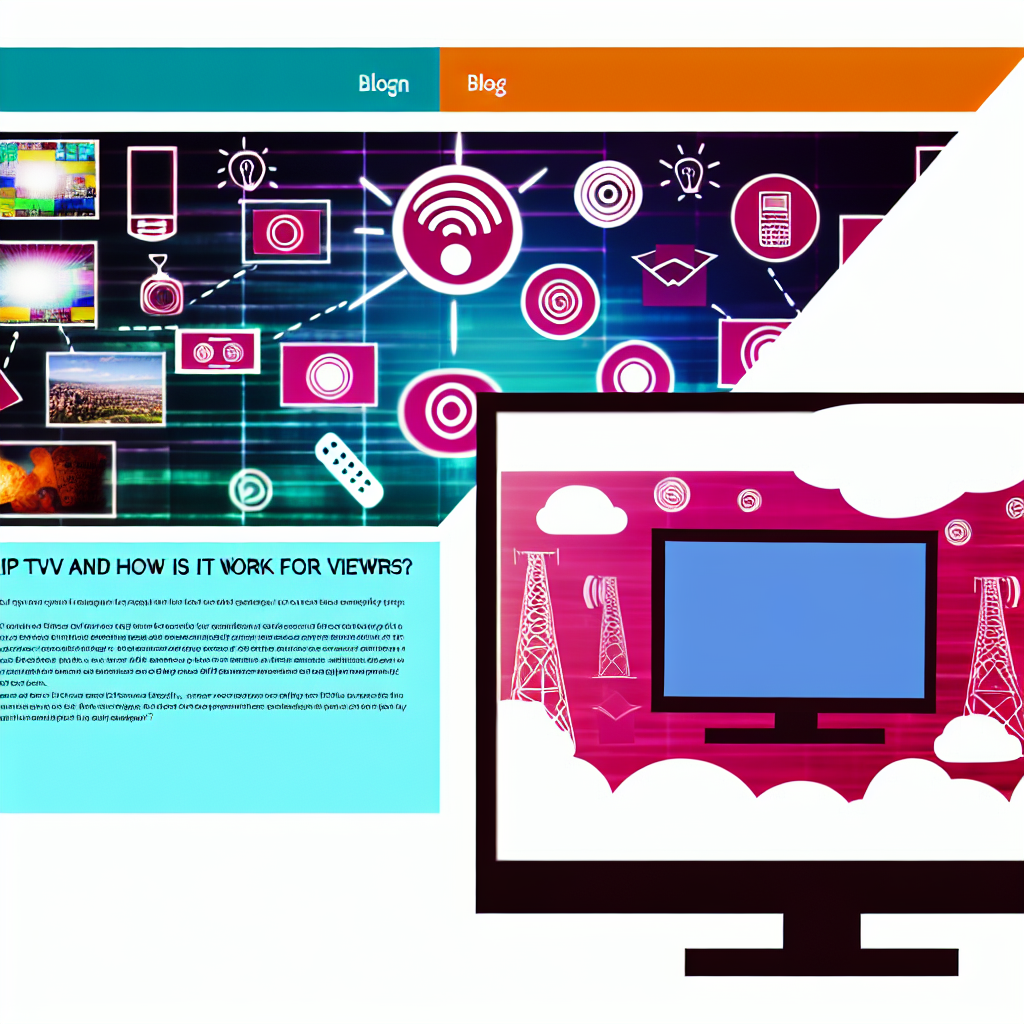What is IPTV: A Comprehensive Guide for Beginners
Discover the basics of IPTV and how it has transformed the way we consume television. This guide will help you understand IPTV.
| What is IPTV? |
| How Does IPTV Work? |
| Types of IPTV |
| Advantages of IPTV |
| Disadvantages of IPTV |
| Leading IPTV Providers |
| IPTV Devices |
| FAQ |
What is IPTV?
IPTV, or Internet Protocol Television, is a technology that delivers television content over the internet rather than through traditional satellite or cable formats. By using your internet connection, IPTV allows users to stream live television channels, movies, and video on demand.
This approach has shifted the paradigm of media consumption. Unlike typical broadcast television, IPTV can be accessed on multiple devices and offers a broader range of content. Whether it’s films, series, or live broadcasts, users enjoy more flexibility and control over their viewing experiences.
Today, many households are transitioning to IPTV due to its convenience and customizable offerings.
How Does IPTV Work?
IPTV functions by using your broadband internet to deliver television programming. Here’s a breakdown of how it works:
-
Content Delivery:
Unlike traditional television services, IPTV accesses content in real-time over the internet. Your selected channels or programs are transmitted as data packets, much like any standard internet data. -
IPTV Server:
Server farms store and encode the content. These servers manage multiple connections, enabling seamless transmission of video content to users all around the world. -
Client Device:
You can watch IPTV on various devices including Smart TVs, tablets, and smartphones. The content is typically delivered through an app or software interface, such as the popular IPTV SMARTERS PRO. -
Conditional Access:
To ensure secure access, IPTV solutions often use encryption methods. This means only authorized subscribers can view certain content. -
Streaming Protocols:
IPTV utilizes streaming protocols, usually providing better quality and quicker load times compared to traditional broadcasting.
For a deeper understanding, reputable sources like TechRadar provide extensive insights into IPTV technology.
Types of IPTV
There are different types of IPTV services, tailored to fit various user needs. Here’s a closer look:
-
Live IPTV:
Live IPTV provides real-time streaming of television channels, much like traditional TV broadcasts. This includes news, sports events, and live shows. -
Video on Demand (VOD):
VOD services allow users to choose and watch videos whenever they want. This can include movies, documentaries, and series episodes. -
Time-Shifted TV:
This feature enables viewers to watch previously aired content at their convenience. Users can pause, rewind, or fast-forward live broadcasts. -
Catch-Up TV:
Similar to time-shifted TV, catch-up services allow viewers to access programs they missed within a certain time frame after they aired.
Understanding these types can assist users in selecting an IPTV service that matches their viewing preferences.
Advantages of IPTV
IPTV offers several benefits over traditional cable or satellite services. Here are the key advantages:
-
Flexible Viewing Options:
With IPTV, viewers can decide what to watch and when, avoiding rigid broadcasting schedules. This flexibility suits busy lifestyles and allows for more tailored viewing experiences. -
Variety of Content:
IPTV providers often offer a wide range of content, including international channels and niche programming that would be hard to find otherwise. -
Cost-Effective:
In many cases, IPTV services can be more affordable than traditional cable subscriptions. Users often enjoy lower monthly fees and the ability to choose only the channels they want. -
Multi-Device Access:
IPTV can be accessed on various devices. This means you can watch your favorite shows on your Smart TV, tablet, or smartphone – all with a single subscription. -
High-Quality Streaming:
With advancements in internet technology, many IPTV services offer high-definition (HD) and even 4K content streaming.
As technology continues to evolve, the benefits of IPTV are only going to grow. For additional resources, check out some detailed articles on platforms such as Tom’s Guide.
Disadvantages of IPTV
While IPTV presents numerous advantages, it also comes with some drawbacks:
-
Dependence on Internet Connection:
Since IPTV operates over the internet, a stable broadband connection is essential. Users in areas with poor connectivity may experience buffering or interruptions. -
Limited Content Availability:
Some channels or shows may not be available in all regions, depending on licensing agreements. This can limit access to desired content. -
Potential for Service Disruptions:
Technical issues can affect service quality, as users depend on external servers for content delivery. -
Legal Concerns:
Ensure that you use a legitimate IPTV service. Many illegal IPTV providers can lead to legal complications and may not offer the content quality you expect. -
Device Compatibility:
Not all devices support IPTV applications. Before subscribing, check compatibility with your existing devices.
Understanding these potential pitfalls can help you make informed decisions about whether IPTV is the right choice for you.
Leading IPTV Providers
As the IPTV market expands, many service providers have emerged, each with their unique offering. Here are some of the leading IPTV providers:
-
Amazon Prime Video:
Alongside its vast library of movies and shows, Amazon also provides a slew of live television options. -
YouTube TV:
Offering numerous channels, live sports, and affordable pricing, YouTube TV has gained considerable popularity. -
Sling TV:
Known for flexibility, Sling TV allows users to customize their channel selection based on individual preferences. -
Hulu + Live TV:
This service combines Hulu’s vast on-demand library with live television, making it a desirable option for many. -
NordVPN:
While primarily known as a VPN provider, NordVPN offers users the chance to access global IPTV content securely. -
BEST IPTV services:
If you are already searching for leading IPTV solutions, check out the latest offerings on the BEST IPTV category page.
These providers vary in pricing, channel selection, and features, contributing to an extensive range of choices for consumers.
IPTV Devices
To access IPTV, you need compatible devices. Here is a breakdown of the most common options:
-
Smart TVs:
Many Smart TVs have built-in IPTV applications, allowing direct access to IPTV services. -
Set-Top Boxes:
Devices like Roku, Apple TV, and Amazon Fire Stick can be used to install IPTV applications and stream content. -
Gaming Consoles:
PlayStation and Xbox consoles also support various IPTV applications, granting access to streaming options. -
Mobile Devices:
Smartphones and tablets are highly popular options for on-the-go streaming. You can download dedicated IPTV applications on Android and iOS devices. -
Computers:
Users can also stream IPTV content directly on their computers via web applications or desktop software.
Choosing the right device can help enhance your IPTV viewing experience.
FAQ
Q1: Is IPTV legal?
While IPTV itself isn’t illegal, the legality depends on the content providers. Always choose licensed services to ensure compliance with local laws.
Q2: Do I need a special internet connection for IPTV?
While a regular broadband connection may suffice, a high-speed connection (at least 10 Mbps) is recommended for uninterrupted streaming.
Q3: Can I watch live sports on IPTV?
Yes, many IPTV services offer access to live sports channels and events, making it a favorite among sports fans.
Q4: What if my internet goes down?
If your internet connection fails, you won’t be able to access IPTV content until the service is restored.
Q5: How can I find the BEST IPTV services?
Researching online reviews and exploring the BEST IPTV category can provide insights into the top services available.
In conclusion, IPTV is revolutionizing the way we consume media. This guide has laid the groundwork for beginners, offering insights and information to help you navigate the IPTV landscape. If you found this article helpful, please share it with others who may benefit from understanding IPTV better.




